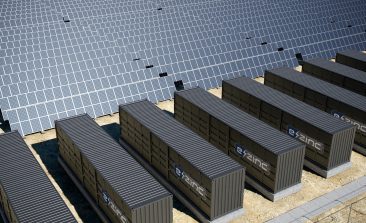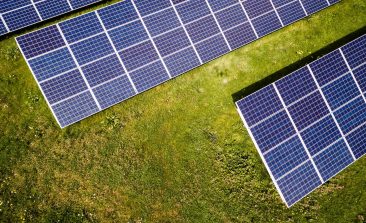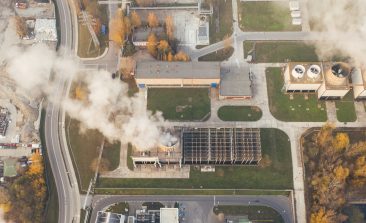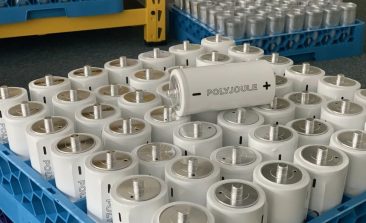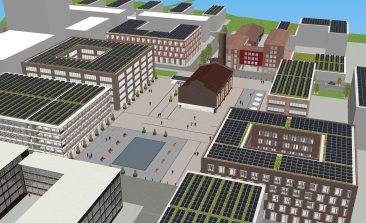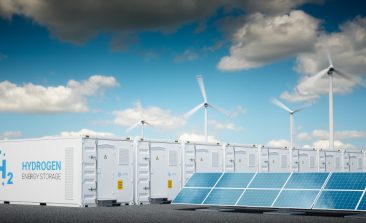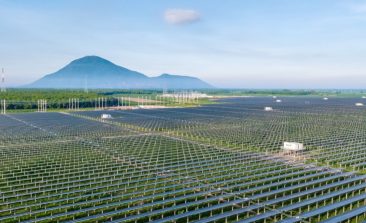Content to: Special Feature Energy
Is Zinc the Future for Renewable Power Energy Storage?
A new zinc-based battery claims to do away with many of the disadvantages of lithium-ion batteries, and at a lower cost.
New Report Suggests a Rapid Transition to Renewables Can Result in Huge Savings
A study examining the historic prices of fossil fuels and renewable technologies suggests coal, oil and gas might not actually be as cheap as common.
Virtual Power Plants and Peer-to-Peer Trading Can Take Small Producers to the Next Level
Digital technologies are providing even small mini-grid developers with the tools to act like the big guys.
Interview: Climate Neutrality in Industry 4.0 – How Do We Get There?
In Germany, industry is responsible for around a quarter of all CO2 emissions. We talked to Grischa Beier (IASS Potsdam) about how industry can reduce its massive CO2 emissions with the help of digitalisation.
Polyjoule: Can Plastic Produce Cheaper, Safer and Better Batteries for Renewable Power?
Traditional lithium-ion batteries come with a whole host of issues, not least their expense. A Boston startup is looking to new materials for the next generation of batteries.
Reallabor Pfaff – Climate Neutrality Begins with Intelligently Networked Neighbourhoods
Solar power, heat pumps and waste heat - renewable energies are readily available. The former Pfaff factory site is being used to test what the climate-neutral neighbourhood of the future will look like.
Is Hydrogen Storage the Future of Renewable Energy?
There are many potential ways to store surplus renewable energy, but hydrogen is emerging as one of the most promising. New advances are making it cleaner and more practical.
Energy Storage Systems: The Linchpin of the Energy Transition
Is it possible for heavily industrialized nations to create energy security with renewable power alone? Yes, it is! However, one of the most important factors in achieving this is efficient storage technologies.
A Bright Future? How the Next Generation of Solar is Overcoming its Many Challenges
Solar power is one of the best-known sources of renewable energy, but it is still only responsible for 3 percent of global electricity. What's keeping it back and how can it further develop?
